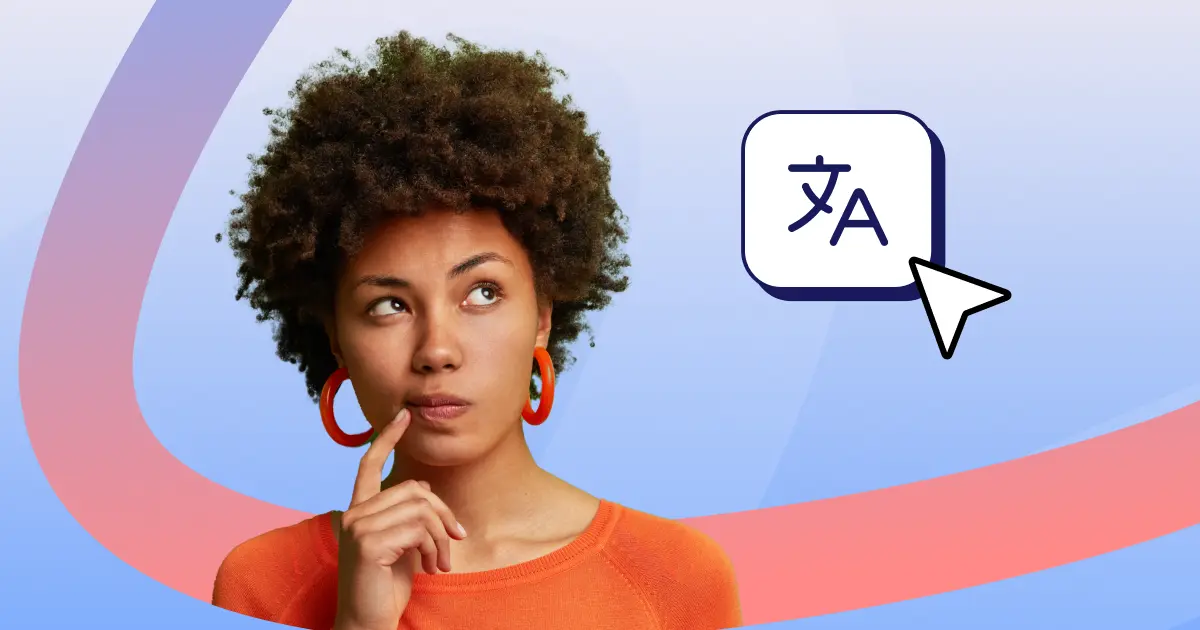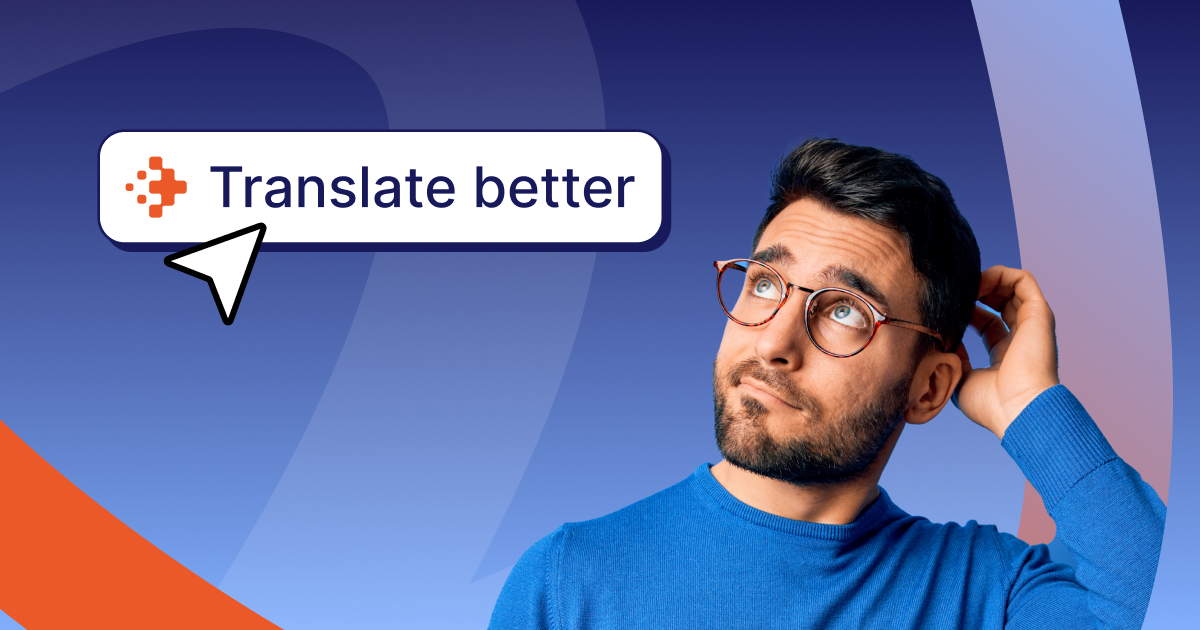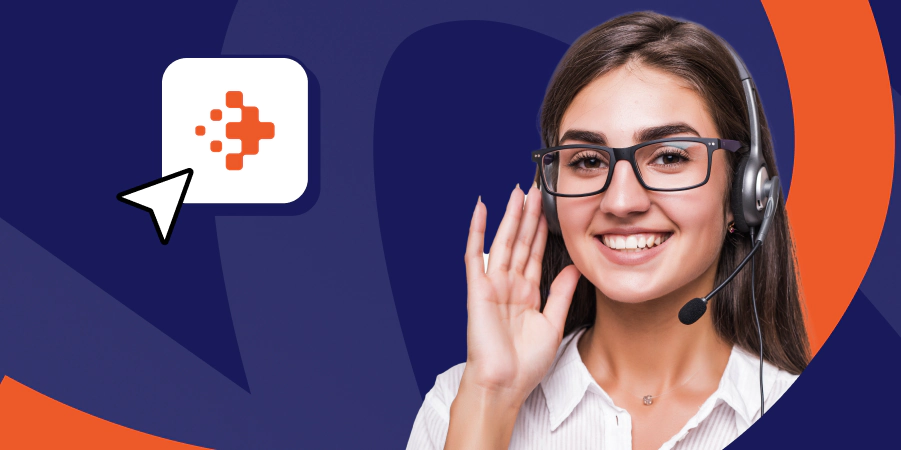If you’re a gamer, you know that every game has its own language. Characters, weapons and accessories have different names and those playing with them use different jargon while playing. If you’re not a gamer, listening to these back and forths can feel like German 101 all over again, maybe worse. So imagine being the person who has to translate this language within a language into another language when the game moves from Korean to U.S. audiences, for example. Challenging? You bet.
While we specialize in helping companies provide personalized translations that take in account jargon, acronyms and other hard to translate user generated content (UGC), gaming is definitely one industry that consistently suffers from poor translations. This is due, in large part, to the following moving parts:
Cultural Differences
Cultural differences are one of the main reasons that companies across all industries can’t rely on standard machine translations (MT) to get things right. In gaming, it’s particularly helpful to pay attention to these difference because many leading characters are culturally significant in the country where they were developed. Moved overseas though, the nuances and affectations of these characters can seem ridiculous or out of place. Even if these characters translate well (nice job, by the way!) the way they interact with the audience can get lost in translation.
Lack of Translation Capabilities
Here we’re not talking about the gaming company’s ability to find a translator. We’re talking about the translator or translation provider looking at the needed translations and saying, “Technically, that’s impossible.”
For example, in the Japanese Rockman games, translators couldn’t figure out what the Japanese name of the game’s popular inventor character would read like in English. Their best guess was Dr. Light, Dr. Right or Dr. Wright, but Japanese doesn’t distinguish between L and R so which wright was right or too light was completely up to the translator.
Issues with Aging
When a gaming company decides to move into a new international market, they also have to pay attention to age ratings. This often leads to dumbing down, simplifying, or making characters that were previously known for their brashness palatable for a younger audience. While the design of the new character isn’t up to us (whew), we can help those characters communicate with younger audiences in an age appropriate way.
A Disappointing End Game
Instead of finishing a game with a mic drop, thousands of gamers have completed a new level or even won with a lack luster congratulations such as “A winner is you.” While that may be a funny way to end a lifelong obsession with obtaining an onscreen goal, it’s not exactly the umph most gamers seek when they initially envision themselves as a conquering hero.
While we can’t do much about making your bold characters a softer color, we can help with the actual translation of all UGC. Check out this example:
Can we use the graphics of our gaming jargon translation here?
If you need your games and the interactions that your gamers are having with them, consistently and accurately translated, book some time with our sales team.


